

Jack Quick
7.9
6 Days Ago
There are no specific rules to police this, but unplugging someone else's car may cause you some issues depending on who you ask.

Senior Contributor
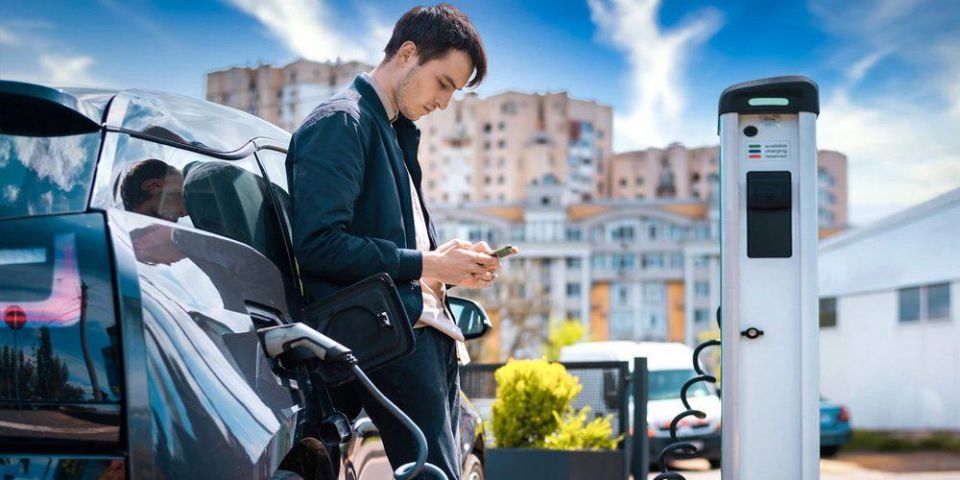

Senior Contributor
Well, this one is a can of worms.
Just ask any EV owner how they feel when pulled up to a public charger only to find a car parked there, with the display stating the vehicle is completely charged, but the car’s owner is nowhere to be found.
There are apps that allow a common decency element to this, like PlugShare, where you can put a status update and state that you’re “going to be back by 4pm” or something like that.
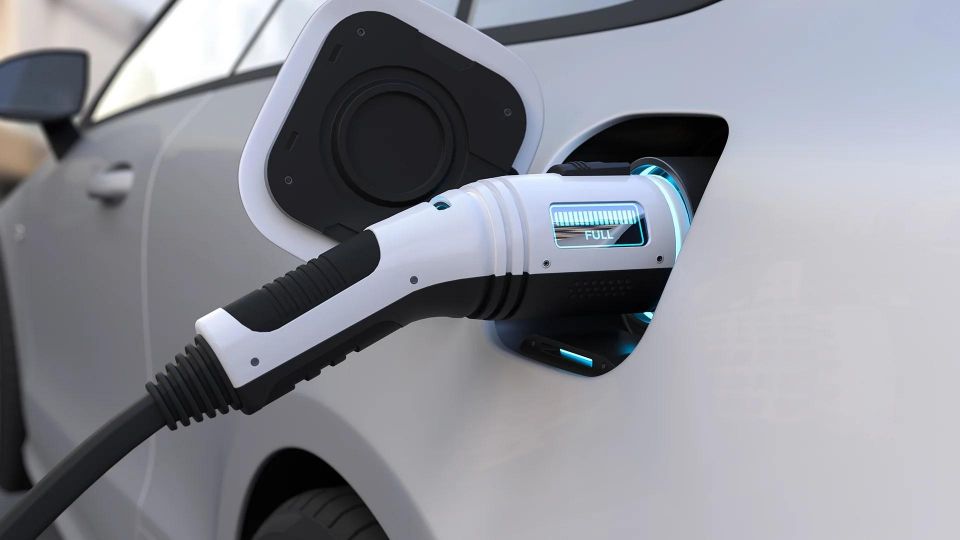
But if 4:00 pm rolls around, then 4:10 pm, 4:20 pm, and so on, and nobody surfaces to claim their fully charged car, can you get in trouble for unplugging it and plugging yours in, if it’s possible to do so? The answer is – at this stage – very unclear, with points made by different jurisdictions showing that there is a need for some kind of rule, law, guideline or regulation to manage this kind of scenario.
Anecdotally, I spoke with a couple that were charging their EV once, and they told me this exact scenario had played out in front of them, only for it to result in a physical altercation between the person who had their vehicle unplugged (despite it being fully recharged) and the unplugger, who need to juice their car’s battery.
Yes, some vehicles have locking mechanisms that require the car to be unlocked for it to release the charging cable from the port, and that could foil the plan before you enact it. But other cars, when plugged in, can be unplugged if the DC charge feed is cancelled or completed.
It seems that the best rule of thumb for this scenario will always be that if the car parked and plugged in is fully charged, it is fair game to stop that charge and plug in your own car.
However, if you were to unplug a car that hasn’t completed its charge, you could be legally in the wrong.
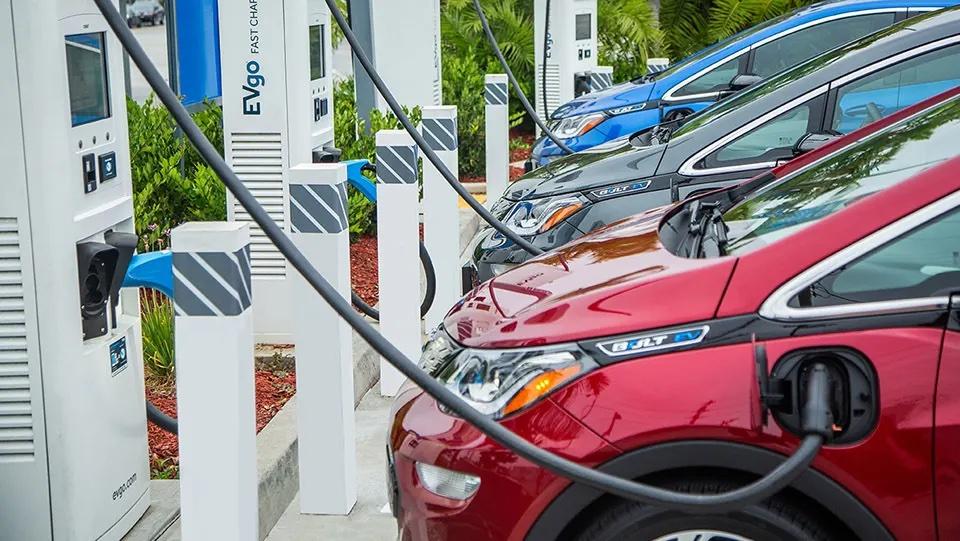
There is no national or state/territory legislation around unplugging a person’s electric vehicle, so no specific laws or penalties apply. But that doesn’t mean it’s something you can do, and have zero ramifications for.
There are a few great guides on EV etiquette when charging, and all of them basically say the same things:
For instance, a Queensland police officer we spoke with said that under the state’s Traffic Act, you could be found to have “unlawfully interfered with the mechanisms of a motor vehicle,” because, in the situation where a car is plugged in, the vehicle and the charger are likely to be considered one and the same. As such, you would have no right to unplug the vehicle, and could be fined accordingly under that offence.
Further, a spokesperson for Victorian police media advised us that: “The unplugging of a car would depend on individual circumstances, while there is no direct offence for it, it could constitute a trespass or something along those lines pending on where it occurred.”
As is the case with letting down someone’s tyres, you could be found to have interfered with a motor vehicle, an offence that in some states could mean a penalty of just a few hundred bucks, or a fortnight behind bars.
Not intended as legal advice. Check with the relevant roads authority in your state or territory.
Matt has more than a decade of experience in automotive journalism, and loves exploring the pros and cons of new cars, delving into deep-dive industry stories, and going for a drive just for the fun of it.


Jack Quick
7.9
6 Days Ago
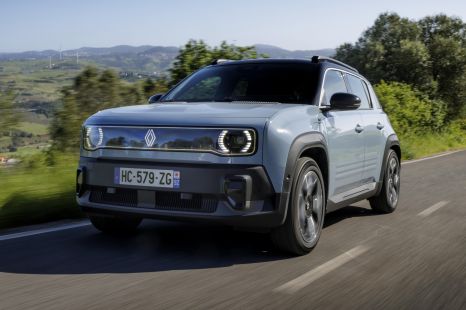

Neil Briscoe
5 Days Ago


William Stopford
8.5
4 Days Ago
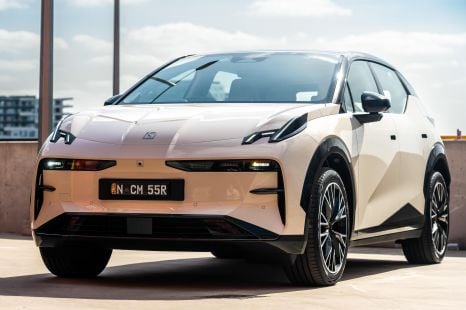

James Wong
7.9
3 Days Ago
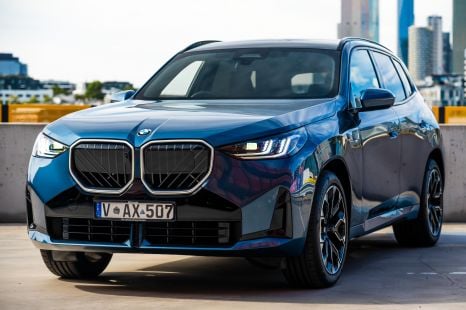

Jack Quick
8.4
2 Days Ago
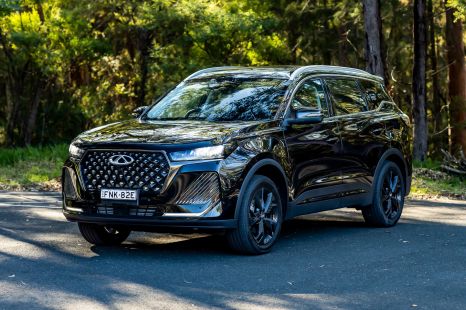

Matt Campbell
8.1
1 Day Ago